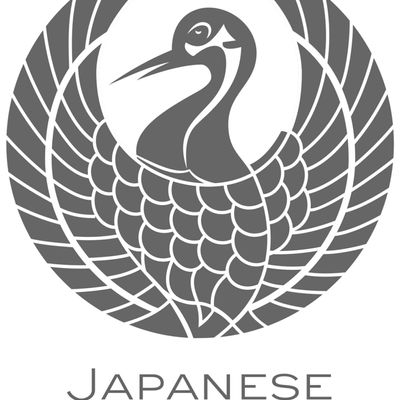
About this Event
The participants of this workshop will discover both the cultural meaning of sashiko and sustainability but also gain new insight into mending our brokenness or traumatic experiences by recreating the naked body garment together from recycled clothes. The participants need to bring their skin tone clothes to create their own naked garment or create using a piece of Japanese vintage cloth we provide to use as a patch to repair not only the garment but also the body and mind. This workshop allows participants to reclaim their slow moments, meditating and discerning vulnerability while they mend their garments to lead the holistic well-being of the planet.
What is Sashiko?
Sashiko (刺し子) is a traditional Japanese embroidery and stitching dating back to the Edo period (1615 – 1868). It was first developed among working-class people, farmers, and fishermen to mend their daily clothes and clothing. Through Sashiko, they could make garments stronger, more durable, and last longer. They kept mending in this way and passed techniques down from generation to generation. As such, Sashiko is one of the oldest traditional Japanese upcycling techniques. Artist Mai Ide finds a confluence between mending fabric and repairing emotional intimacy, loneliness, and fragility. Her workshop is a space for participants to eliminate lingering trauma and reframe our society for deeper emotional communal bonds and authentic humanity which we have forgotten.
Materials Provided
- cotton thread
- vintage Japanese rough plain woven cotton fabric
- needle; Shashiko needle
- paper ruler
- scissors
- erasable Ink Fabric Marker Pen for Tailor’s Chalk
The participants can, and are encouraged, bring their own clothes to be repaired to enhance the personal themes of the workshop.
About the instructor:
Mai Ide is a Japanese-American artist from Tokyo, now based in Portland, OR. Their multidisciplinary approach investigates their own cultural intersectionality and deep ambivalence as an immigrant, mother, and woman. As a non-native speaker of English, ide’s practice is expressing discomfort of being classified or perceived by society as an “other” or “forever foreigner” in the U.S. ide's use of salvaged fabric and Sashiko stitches conveys their simultaneous vulnerability, fragility, and ferocity under a constrained, violent, and volatile society. ide holds a BFA in Art Practice from Portland State University (OR) as well as degrees in sewing, pattern making, and textile design in Japan, where she worked for twelve years as a material designer. Their previous exhibitions and performances include the Tokyo Metropolitan Museum, Museum of Kyoto in Japan, and Jordan Schnitzer Museum in Oregon. ide is a current MFA candidate in Visual Studies at Pacific Northwest College of Art in Portland.
Event Venue & Nearby Stays
Japanese Culture Center, 2940 North Lincoln Avenue, Chicago, United States
USD 55.20
